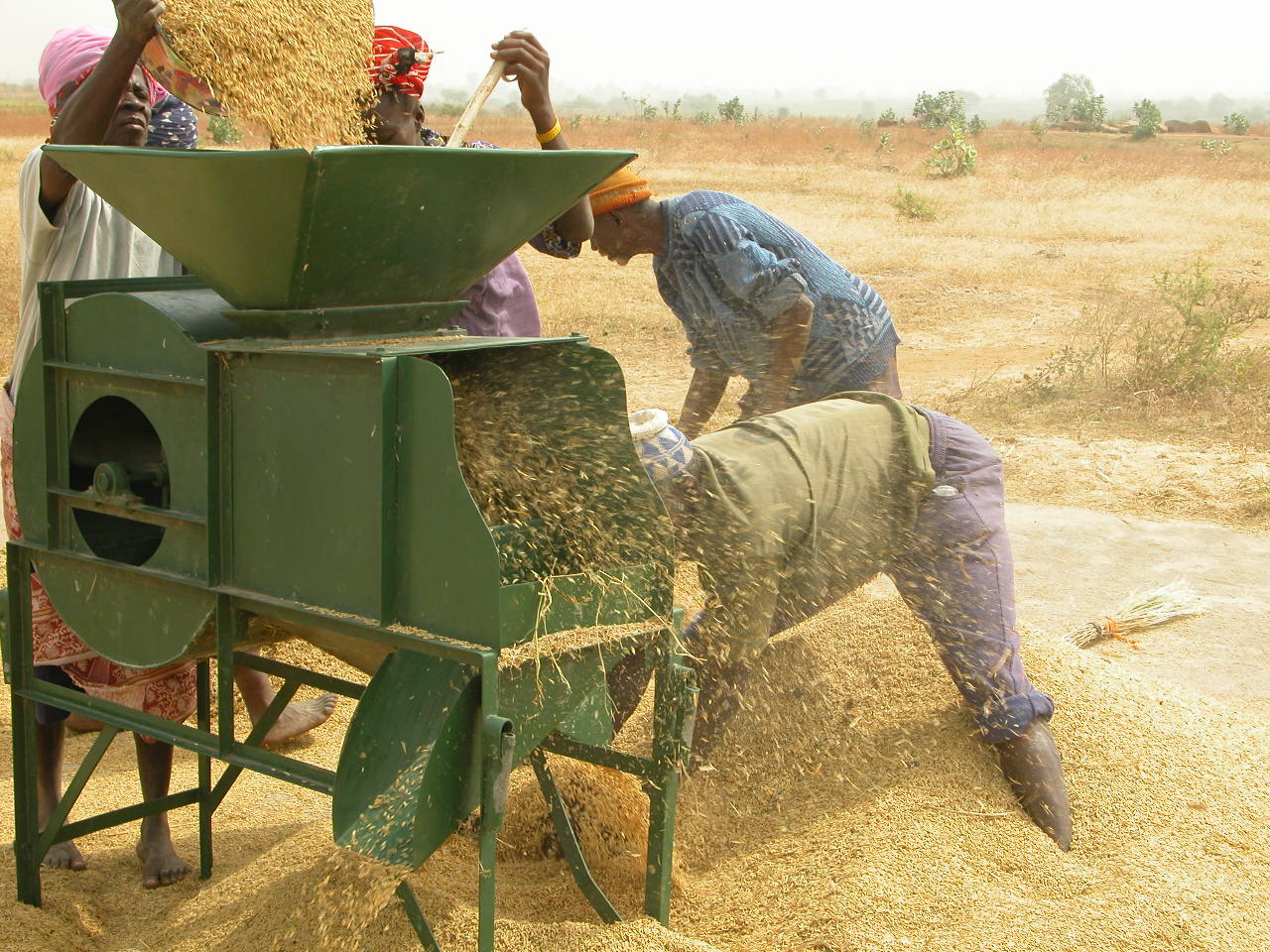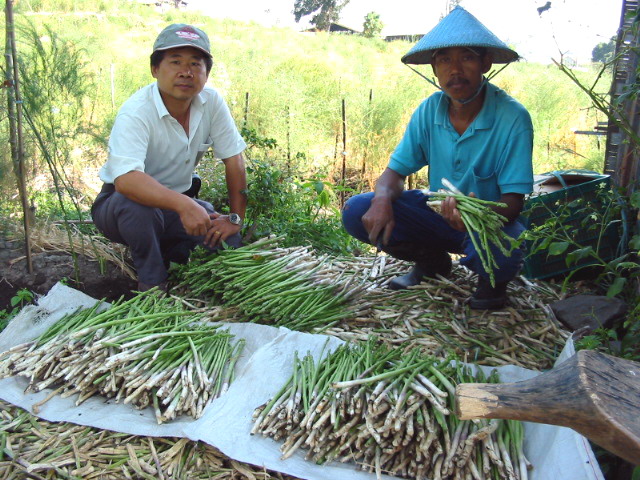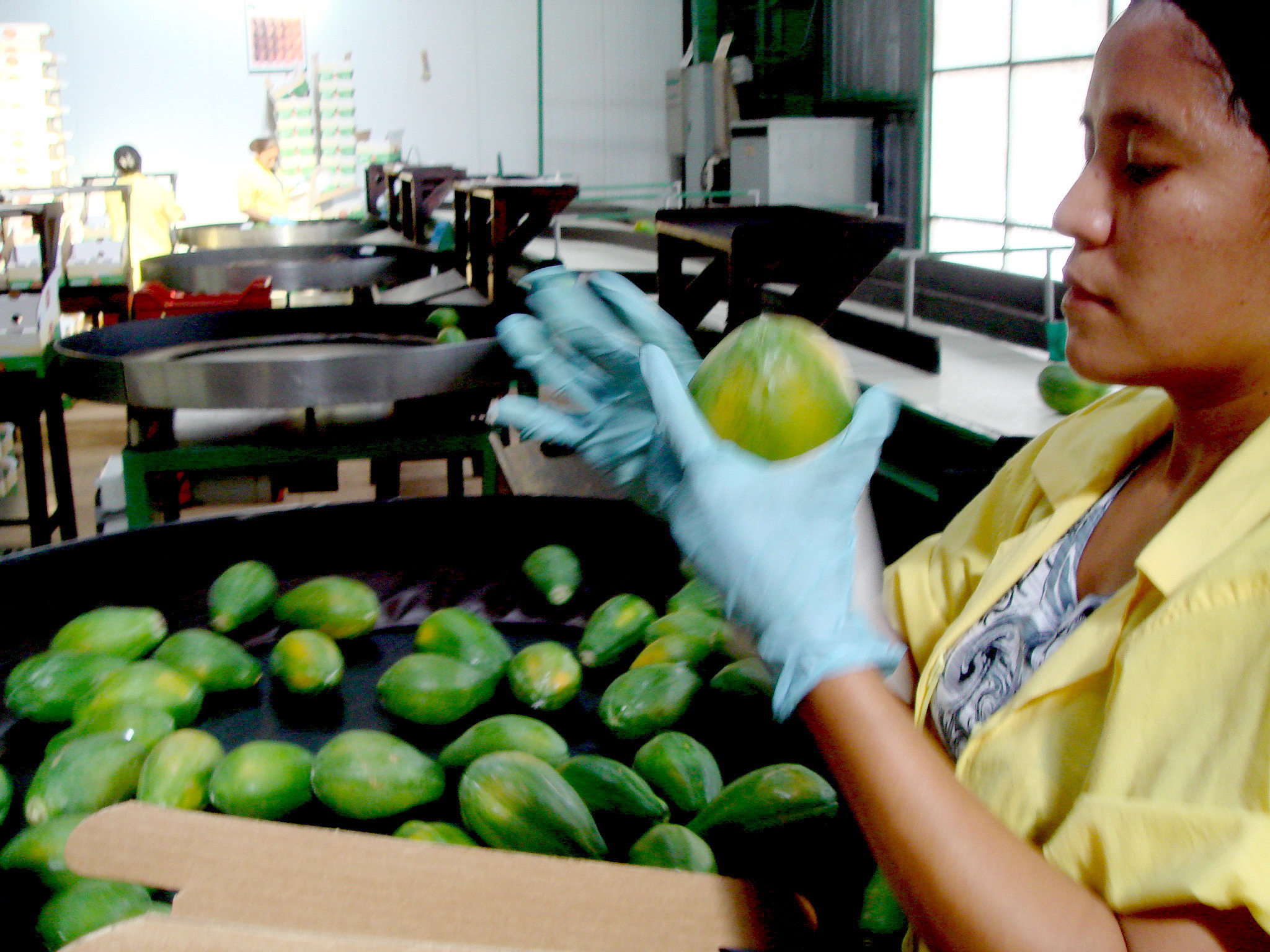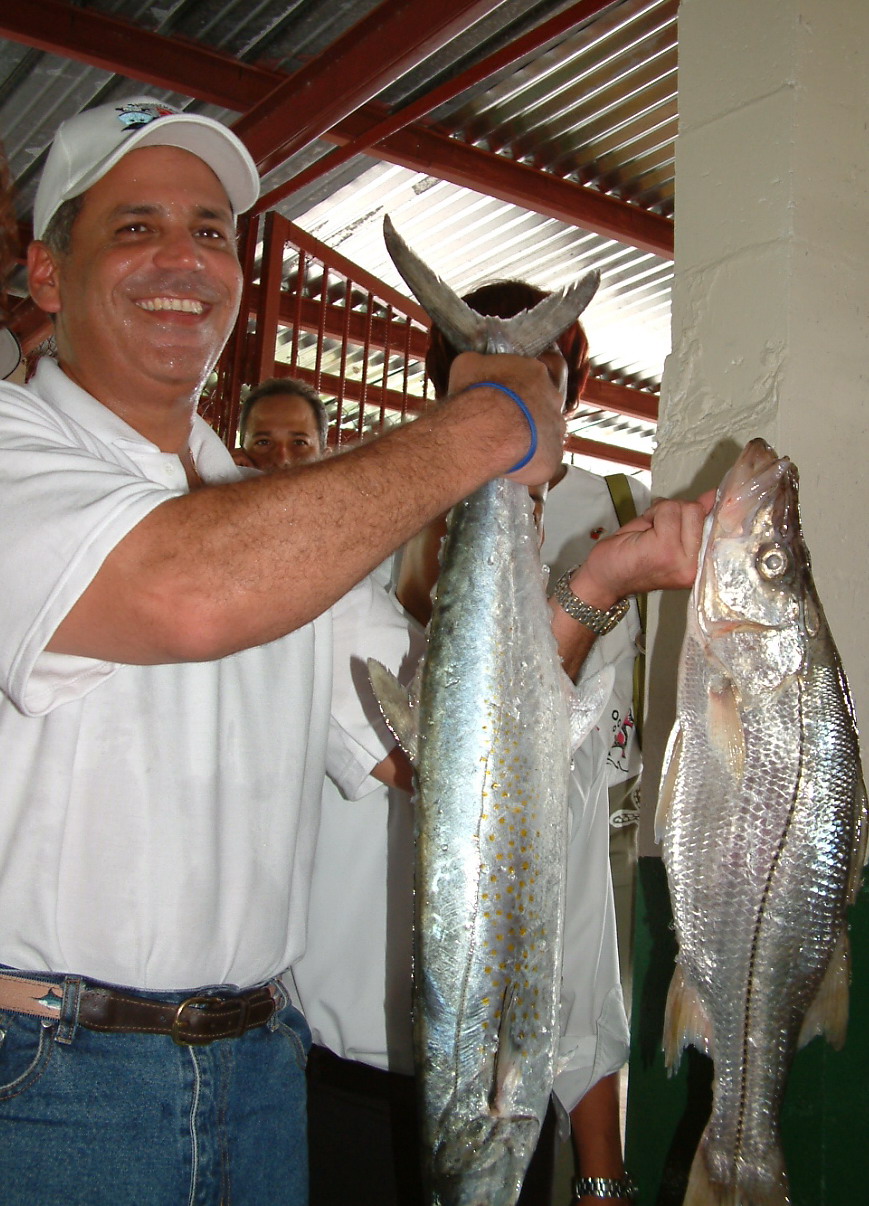
Helping establish agribusiness changes lives of rural poor
|
|
|
According to United Nations statistics, most developing countries struggle with poverty problems, with up to one hundred million people around the world living on less than US$1 a day. An estimated 75% of the world's poor live in rural areas, and in many developing countries, more than half the population is engaged in agriculture-related work.
Therefore, international development organizations have made the upgrading of agricultural technology in developing countries a priority in the global fight against poverty. By cooperating with farmers to increase production, quality, and output, international development agencies are helping effect a corresponding rise in incomes and rural living standards.
Over the past 50 years, Taiwan has followed acknowledged economic development models and policies, and with limited natural resources, has seen a jump in GDP per capita from less than US$100 to as much as US$29,500 (PPP) in 2006. This dramatic increase owes its impetus to the development of local farming in Taiwan. Through improved skills, crop production and export was increased, putting the nation on the road to sustained economic growth. Given Taiwan's success in this area, its development experiences in agriculture can now serve as a model to developing nations.
In 1959, Taiwan dispatched its first agricultural technical mission to Vietnam to help assist the South East Asian nation in its development drive. During the 1980s, as Taiwan's economic strength grew, the nation increased its cooperative international development programs. In 1996, the International Cooperation and Development Fund (TaiwanICDF) was established to strengthen international cooperation and enhance foreign relations by promoting economic development, social progress, and the welfare of people in partner nations around the world. In its efforts to help eradicate poverty, the TaiwanICDF focuses on agricultural development, emphasizing the importance of examining local agricultural industries on a case-by-case basis, and then sets about employing appropriate strategies to promote agricultural development.
|
Opening up a range of opportunities
The term “agribusiness” refers to the various businesses related to the food production process; such projects cover a wide range of operations, from crop production to sales. Typical related businesses might include seed supply, agrichemicals, farm machinery, wholesale and distribution, processing, marketing, and retail sales.
Support for agribusiness is considered vital to a country's economic development and the creation of jobs and income in rural areas. In line with standard business concepts, the guiding principle is ensuring that all support activities are market- oriented. As an integral component of rural development, agribusiness forms part of a wider strategy to improve national, or even regional economic development, and ensure a safe food supply.
For the TaiwanICDF, increasing crop production is only the first step in the push to create sustainable growth. The introduction of breeding technology for species improvement, the supply of seeds and fowl, cultivation of new land for farming, and crop processing, are some of the other crucial methods employed during production. Besides raising productivity, the establishment of a sound business environment is the final goal of any agribusiness project.
A strong agribusiness model enables more people to participate in the production chain. Local agriculture is thus no longer limited to merely growing crops, but generates economic activities linked to the chain of food production. In many rural areas, opportunities in the agricultural service and trade sectors, opened up by agribusiness development policies, are the only feasible alternatives to traditional farming work. Overall, the creation of such opportunities will mean the availability of a wider variety of jobs for the rural poor, and, ultimately, a more dynamic and diversified workforce.
|
Indonesian farmers make big strides to improve livelihoods
As has been mentioned, the TaiwanICDF adapts the frameworks of its agribusiness projects to the varying needs of its partner countries. In terms of agribusiness management, the selection of high-value products, manpower training, expansion of markets, and the provision of loans are the main approaches.
The example of the Indonesian capital Jakarta is instructive. This teeming metropolis is the ninth most densely populated city in the world. Yet three hours away by bus, a village of self-subsistence farmers is struggling to survive.
The TaiwanICDF sent a team to this village to implement an agribusiness project. The first step was the selection of high added-value produce, such as asparagus, tomatoes, and guava. Fruits and vegetables popular among citizens and foreigners living in Jakarta were singled-out for attention in the selection process.
Most of the villagers owned small patches of farmland and were therefore unable to generate large yields for the market. To overcome such problems, the technical mission helped them set up production and marketing teams, each comprising ten farmers, and each assigned to produce certain kinds of fruit or vegetable. The technical mission offered instruction in various ways to improve their farming methods, and to ensure a stable supply and good quality.
The TaiwanICDF experts also encouraged the farmers to apply for loans so they could purchase a refrigerator van to keep their products fresh during the three-hour commute to the city. Meanwhile, money collected from the production and marketing teams was saved in a joint account to form a revolving fund that could later be used for general production needs.
In the towns of Boyolali, Sleman, and Mojokerto, production and marketing teams produce asparagus and other vegetables. The technical mission trained these teams in crop cultivation, product quality upgrading, packaging, finance, accounting, and delivery to market. The long-term target is to assist local farmers in becoming fully capable of running a self-sustaining agribusiness on their own.
|
Guatemala's papaya export plan bears fruit
In Guatemala, the government has embarked on a plan to export papaya to North America by the end of 2007.
Having been dispatched to Guatemala, the TaiwanICDF technical mission soon ascertained that, while the country was home to an assortment of tropical fruits, and papaya trees were abundant, the fruit was mostly small, not of a high quality, and far from being a viable export crop.
The technical mission designed a plan to instruct local farmers in crop cultivation techniques, and agribusiness management. After hard work and dedication from everyone involved, the farmers attained the goals set for them by the technical mission and were able to produce papayas at stable quantities, and of sufficient quality for export. The mission also assisted local farmers in establishing links with fruit and vegetable dealers with access to North American markets. By the end of this year, Guatemala expects to start exporting papayas to North America for the first time.
In both Jakarta and Guatemala, seed farmers participated in the operation of the agribusiness plan from start to finish. They managed the project and at the same time, attended training sessions conducted by the TaiwanICDF technical mission. The field training proved especially effective. When a production and marketing team is up and running smoothly, a seed farmer takes the lead in management. In this way, an agribusiness model is built from the bottom up, and experiences can be shared with farmers in other areas of the country.
|
Microloans make agribusiness possible
Besides on-site instruction from technical missions, the TaiwanICDF also offers programs in Taiwan for advanced training of personnel from partner countries. The programs usually run for 2-3 weeks, and enable participants to gain a comprehensive insight into the setup, management, and operations of agribusiness projects. In addition, the TaiwanICDF also offers International Higher Education Scholarship Programs for students from these countries,to help them move up one rung to a higher level of agricultural research.
The TaiwanICDF also offers microloans to farmers, allowing them to purchase much-needed equipment. These loans can also be used as capital with which poorer farmers can start their own businesses.
In Panama, the TaiwanICDF technical mission offered microloans to fishermen to help them buy boats. Because of their financial predicament, the fishermen could not afford boats or better equipment and were forced to fish close to the shore, where they could catch only small fry, or collect shells for their own daily use. With a boat, they were able to sail out to more fertile fishing waters, catch more fish, and improve their livelihoods.
In so many of the TaiwanICDF's projects, the people of Taiwan's partner countries have witnessed how the establishment of agribusiness models has brought about significant changes in the communities in which they worked. In under-developed rural areas, a knowledge of the central precepts of agribusiness, and basic training in the operation of production and marketing teams, not only helps farmers increase crop value, but also marks the start of economic development in their communities.
Taiwan's long-term goal in assisting developing countries has evolved from simply increasing crop production, to a broader view of the many intertwined facets of the agricultural process. The TaiwanICDF is now focusing on upgrading production capabilities in partner nations in order to broaden the market, increase profits, and expand the scope of operations in which farmers can engage.
These efforts will not only help farmers improve standards of living in the short-term, but will also serve to develop the role and benefits of agribusiness further in the future, creating self-sustaining growth.
- 更新日期: 2022/05/11
- 點閱次數:659




